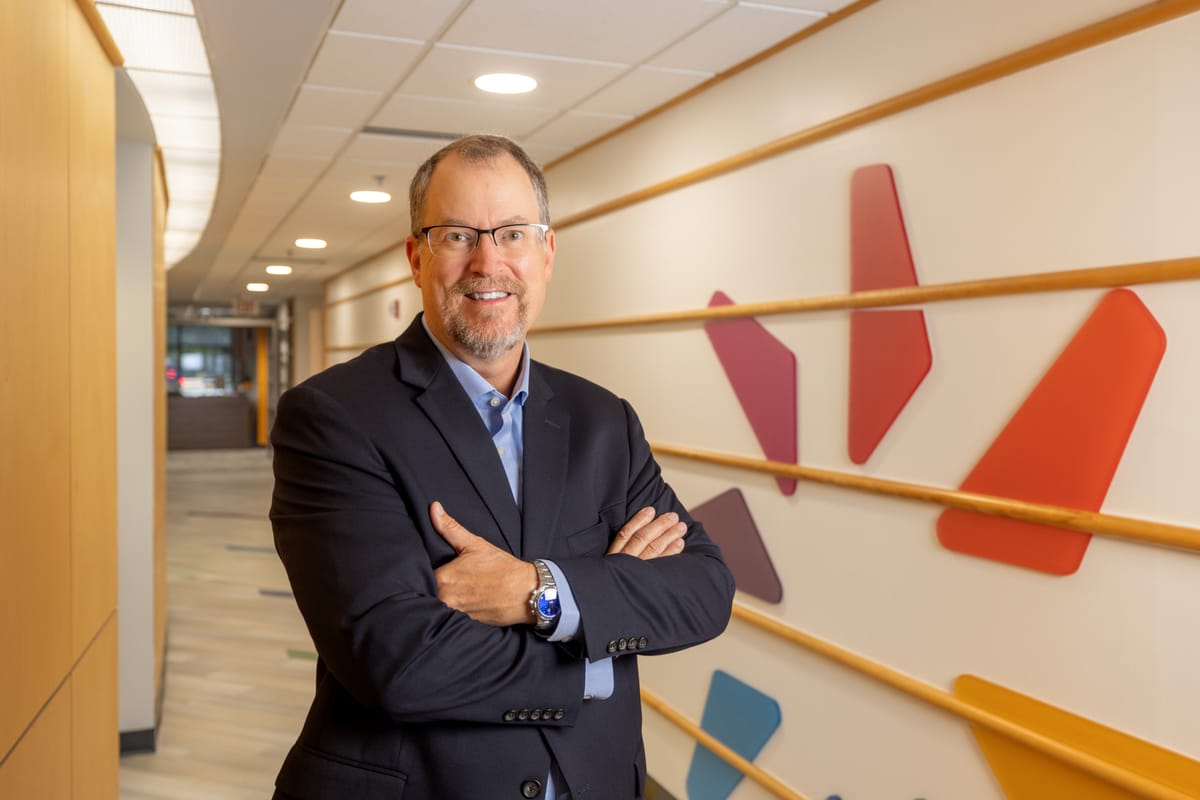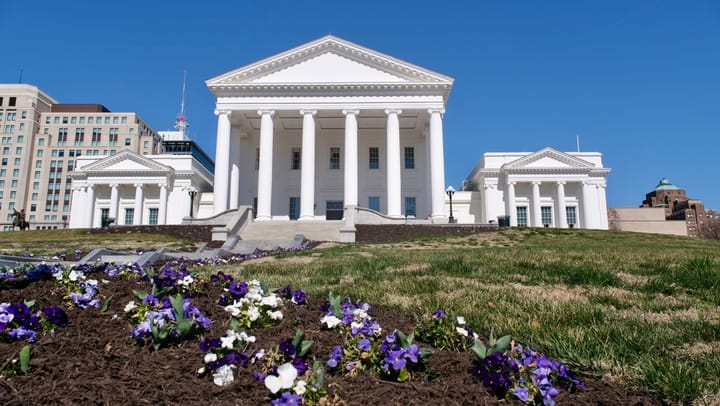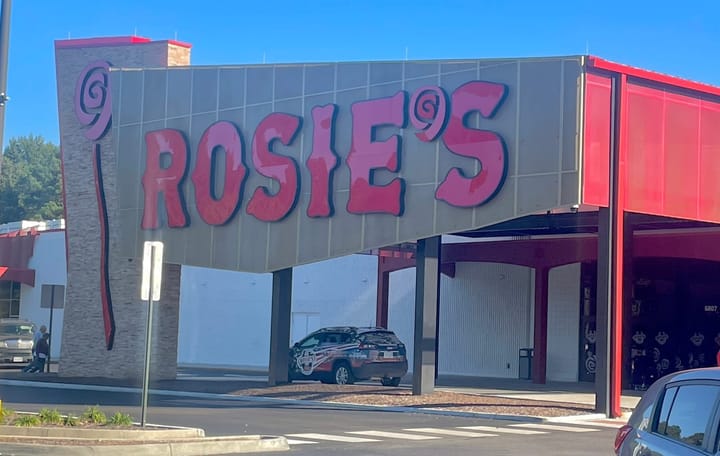Activation Capital, the state’s accelerator for biotech companies, names a new CEO

When Michael Steele graduated from JMU, there were few job opportunities in the biotech field. He left the state for North Carolina, then Georgia, Massachusetts and New Jersey. Now that he’s back, he wants to make sure current students don’t experience the same decision tree he faced.
“I don't want anybody coming out of university to find themselves in my position, that felt like they had to go outside the commonwealth to practice their craft or invent something,” he said.
Steele was named the new President and CEO of Activation Capital on Tuesday. That’s the state authority in charge of a number of biotech initiatives, including the VA Bio+Tech Center in downtown Richmond and programs that help researchers start companies.
“Michael brings deep experience in life sciences, business development, and strategic vision that will be a tremendous asset to Activation Capital and to Virginia’s innovation economy as a whole,” Garrison Coward, board member of the Virginia Biotechnology Research Partnership Authority and Deputy Chief Transformation Officer in the Office of the Governor, wrote in a press release.
Steele describes this as a "pivotal moment,” riding the tailwinds of an increase in interest and investment in biotechnology and life sciences research in the state.
With companies like AstraZeneca, Novo and Merck working out of the state, as well as funding from Activation Capital’s Go Virginia program, the Biden Administration’s Build Back Better program and Governor Glenn Youngkin’s $40 million dollar Virginia Business Ready Sites Program, Steele sees a lot of room for Activation Capital to innovate, add jobs and create investment opportunities.
“I think we are at that pivotal time where we have the momentum that is starting to gain, and now we just need to accelerate that,” he said. “And I think Activation Capital can play a significant role in doing that.”
According to Steele, Activation Capital “checks all the boxes.”
“We have a great ecosystem,” he said. “I want to see Activation Capital serve as a catalyst to be able to not only help cultivate the companies that are here, but to attract entrepreneurs, attract researchers and other companies so that we can expand the tax base, create a lot of great jobs.
“I mean, jobs in healthcare are some of the highest paying jobs there are. And so I think it's a tremendous opportunity, and to be able to be in the leadership, have the presence of our board members who are connected with the state and university systems, I think is a great kind of catapult to make that happen.”
Steele expects the number of students forced to look beyond the Commonwealth for work to decline. He said Activation Capital is a great place to target this issue because it supports the industry through every stage, from development to research to starting a company.
“We're going to be in a position to keep those [graduates] here and they're going to stay here, they're going to buy homes, they're going to buy cars, they're going to raise families and all those kinds of things,” Steele said. “It just keeps that ecosystem generating.”
The Richmonder is powered by your donations. For just $9.99 a month, you can join the 1,000+ donors who are keeping quality local journalism alive in Richmond.
Activation Capital was previously led by interim CEO Robert Ward after the unexpected departure of Chandra Briggman last summer.
Steele’s role at Activation Capital follows more than 20 years of management experience in the biotechnology field, holding management roles at several companies including Biocartis, Chembio Diagnostics, SeraCare Life Sciences, and Serologicals. This position is Steele’s first at a publicly funded institution.
Another of his goals is to lean more into biomanufacturing, an industry that he says Virginia is well positioned for given the lower cost of living and more spread out nature of the state compared to some of the northern cities Steele has worked in.
“You can come down here and shine, so to speak, and you have access to all these universities, all the incentives that the state is offering,” Steele said.
Manufacturing sites “last longer in a lot of cases,” Steele explained, citing his experience in Atlanta, Georgia as an example.
Steele’s short term goal is to embark on what he calls a listening tour—listening to stakeholders, what opportunities and challenges they identify, and setting about a strategy as a reaction to these observations.
“I've got ideas, but the thing about leadership is every once in a while you have to look around to make sure people are following you,” he said. “So I think it's important for me coming in to be able to meet with those stakeholders and really get an understanding of from their perspective, where the gaps might be of getting from good to great and being able to use Activation Capital and the resources that it can command to bring that to fruition.”
Contact reporting intern Juliana Vandermark at jvandermark@richmonder.org.






